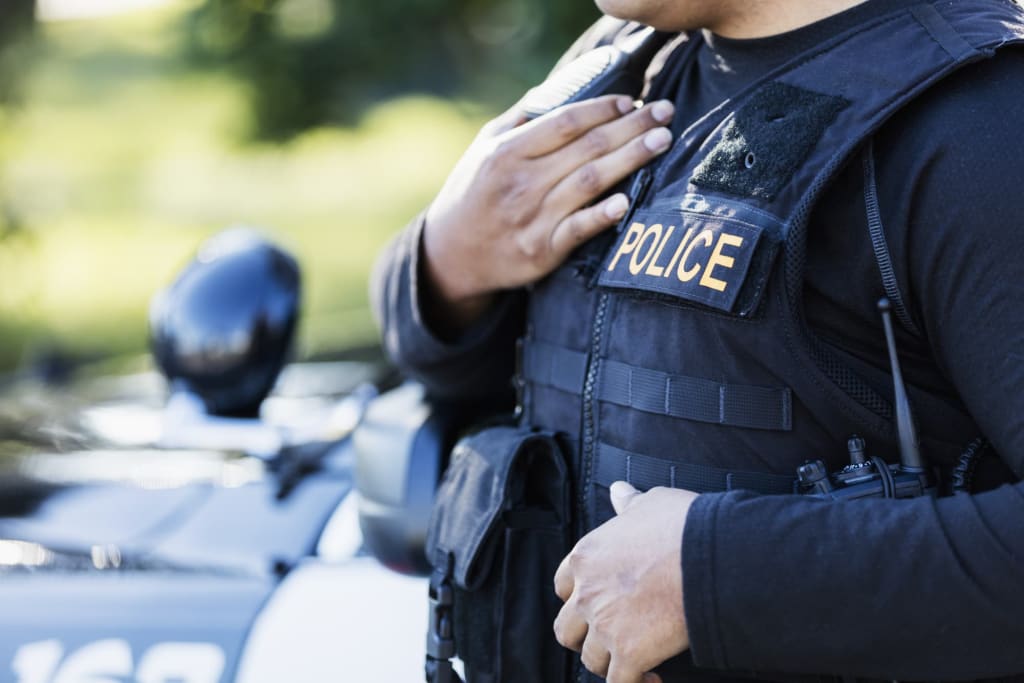Historically Black Colleges and Universities (HBCUs) hold a special place in the fabric of higher education in the United States. These institutions have long served as pillars of academic excellence and cultural heritage within the African American community. However, despite their rich history and esteemed reputation, HBCU campuses are not immune to the challenges that many universities face, including concerns about campus safety and security.
One of the ways in which HBCUs address these concerns is through the presence of police officers on campus. Police presence on HBCU campuses serves a dual purpose: to ensure the safety and well-being of students, faculty, and staff, and to prevent and respond to criminal activity. Many HBCUs have their own police departments, with officers who are specially trained to handle the unique needs and concerns of the campus community.
The presence of police on HBCU campuses is not without controversy, however. For some students and activists, the sight of police officers can evoke feelings of fear and mistrust, especially in light of recent incidents of police brutality and systemic racism in law enforcement. This has led to calls for divestment from police departments on college campuses, and for greater investment in alternative forms of campus security, such as mental health services and conflict resolution programs.
Despite these concerns, many HBCU administrators and students argue that police presence is necessary to ensure a safe and secure learning environment. They point to the role that police officers play in responding to emergencies, preventing campus violence, and fostering a sense of community and accountability among students. Additionally, police officers on HBCU campuses can serve as mentors and role models for students, especially those who come from communities disproportionately impacted by crime and violence.
Ultimately, the question of police presence on HBCU campuses is a complex and nuanced one. While the need for campus security is undeniable, it is important for HBCUs to strike a balance between ensuring safety and protecting the rights and dignity of their students. This may involve implementing reforms to police departments, such as increased training in de-escalation techniques and cultural sensitivity, as well as investing in alternative forms of campus security that prioritize community wellbeing and mutual respect.
In the end, the goal of police presence on HBCU campuses should be to create a safe and inclusive environment where all members of the campus community can thrive and succeed. By engaging in open and honest dialogue about the role of police on campus, HBCUs can work towards a more just and equitable future for their students and their communities.
